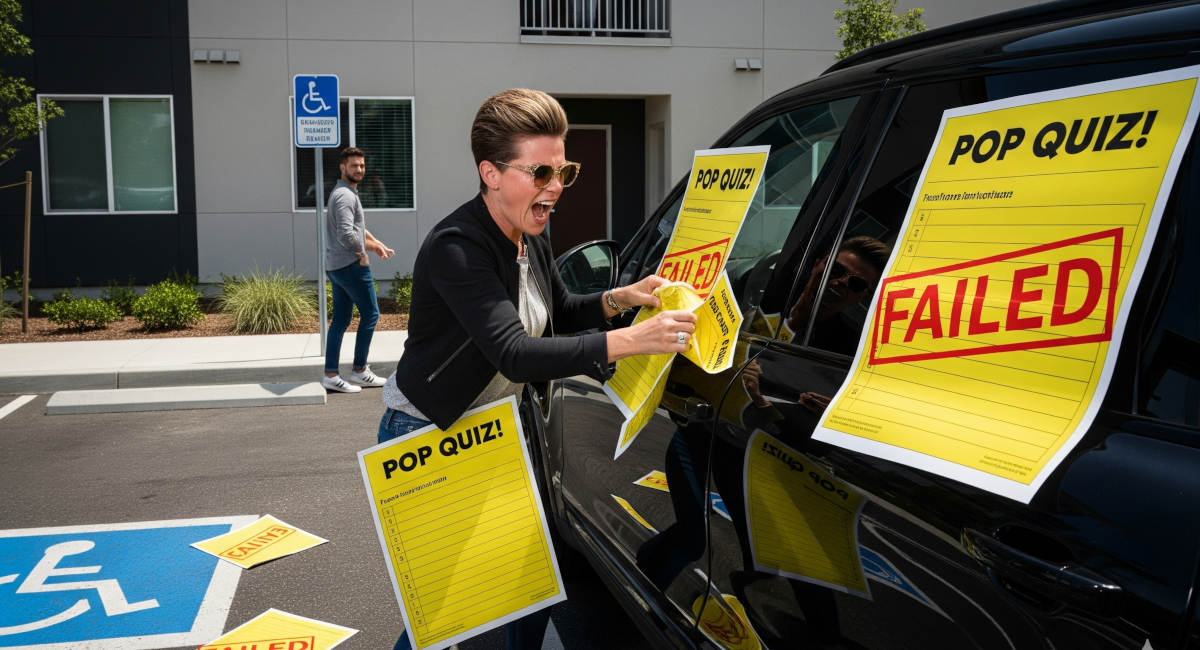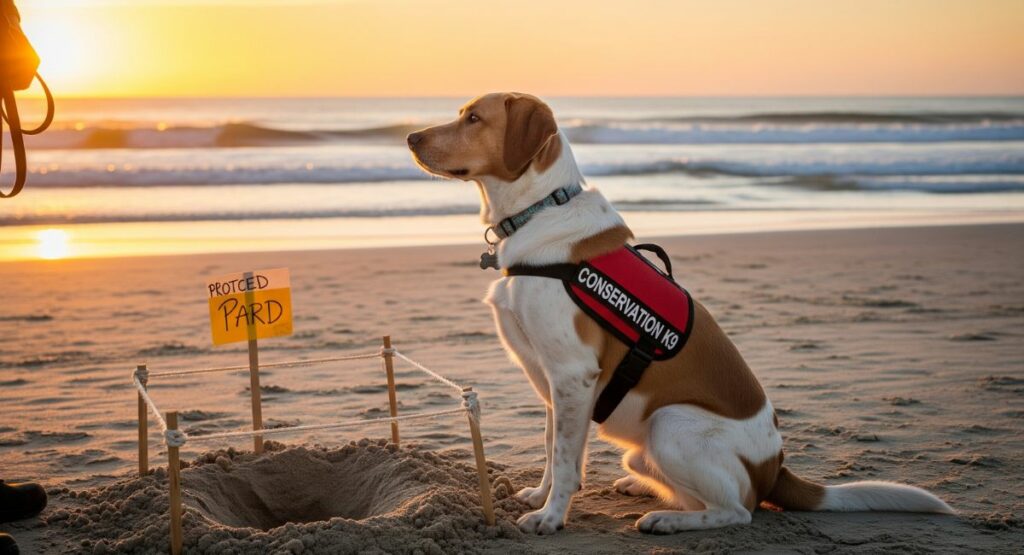Accessible parking spots aren’t a luxury; they’re a lifeline. They represent a fundamental right to access for people with disabilities. So, when an able-bodied person decides to use one out of pure convenience, it’s more than just a minor infraction—it’s an act of profound selfishness. One reader, fed up with a neighbor who treated the only accessible spot in their complex like her own personal loading zone, decided that if polite requests and official channels wouldn’t work, it was time to take the offender to school.
There is only one designated accessible parking spot in our entire apartment complex. It’s right by the ramp, and it’s essential for my elderly father, who lives with me and uses a wheelchair. So when a new neighbor with a giant SUV and no permit decided it was her private spot, I tried to be nice. When nice didn’t work, I decided to give her a little public education she would never forget.
The ‘Just for a Minute’ Offense
The problem started about a month after “Karen” moved in. I came home from a doctor’s appointment with my dad to find her huge, white SUV parked diagonally across the blue lines of the accessible spot. There was no placard, no special plate. I left a polite note on her windshield. The next day, she was there again.
This time, I caught her as she was getting out of the car. I explained, “Hi, I’m Sarah from 2B. This spot is for my dad, he’s a wheelchair user.” She barely made eye contact. “Oh, right. I was just running in for a minute. It’s not a big deal.”
It was a huge deal. This happened over and over. Her excuse was always the same: “It was the closest spot,” or “I was only gone for a second.” I complained to the building manager, who sent a useless “reminder” email. I tried calling the non-emergency line, but she was always gone by the time an officer could swing by. The final straw was last Tuesday. It was pouring rain, and she was in the spot. I had to park at the absolute farthest end of the lot. Getting my dad and his wheelchair out of the car and all the way to our building in the downpour was a miserable, difficult struggle. Seeing him soaked and shivering because of her entitlement made me see red.
Class is in Session
I knew I had to do something she couldn’t ignore. Getting her towed felt impossible, and another note would be useless. I wanted to educate her. I wanted to shame her. So, I went to a copy shop.
I designed a flyer on bright, can’t-miss-it yellow paper. At the top, in huge, bold letters, it said: “ACCESSIBLE PARKING: A POP QUIZ!” It included a few multiple-choice questions: 1. This parking space is reserved for: a) People with a valid disability permit. b) People who are “just running in for a minute.” c) People who feel very, very important. 2. The diagonal blue lines next to the space are for: a) A wheelchair ramp to safely exit a vehicle. b) A cool design feature. c) A suggestion.
At the bottom of the page, in giant red font, was her grade: “F. YOU HAVE FAILED. Please see the attached study materials for next time.” Attached to each “quiz” was a printout of the actual state law regarding accessible parking, with the fine amount circled in red ink. I printed twenty copies.
The Walk of Shame
The next afternoon, she parked in the spot again. I waited until she was inside, and then I went to work. I didn’t just leave one flyer. I taped one to her driver-side window. Her passenger window. Her windshield. Her rear window. Her side mirrors. I plastered her car in her failure.
A few hours later, she came out of the building. I watched from my window. She stopped dead in her tracks. Her face went from confused to furious to beet-red with humiliation. Several other neighbors were coming and going, all of them slowing down to read the bright yellow signs. She had to stand there, in the middle of the parking lot, and perform a walk of shame as she peeled every single “F” off her car.
She has not parked in that spot since. Not for a minute. Not for a second. It has been blissfully, beautifully empty for my dad every single time we need it.
I have zero regrets. My dad thinks it was a brilliant and safe way to handle a selfish person. My best friend, however, says I was a bully who publicly shamed my neighbor when I should have just kept trying the official channels. I think I gave her the exact lesson she deserved. AITA for my pop quiz?
In a world where rules are often bent for convenience, this story is a satisfying lesson in accountability. The narrator, after exhausting all polite and official options, crafted a response that was not destructive, but educational. Her “pop quiz” was a brilliant, non-violent act of public shaming that perfectly fit the crime. She didn’t just clear a parking spot; she held up a mirror to her neighbor’s entitlement, and the reflection was apparently too embarrassing to ignore.
What do you think, readers? Was this a creative and justified act of justice, or did the narrator become the “parking lot police” and go too far with the public shaming? Let us know your thoughts!


















0 COMMENTS